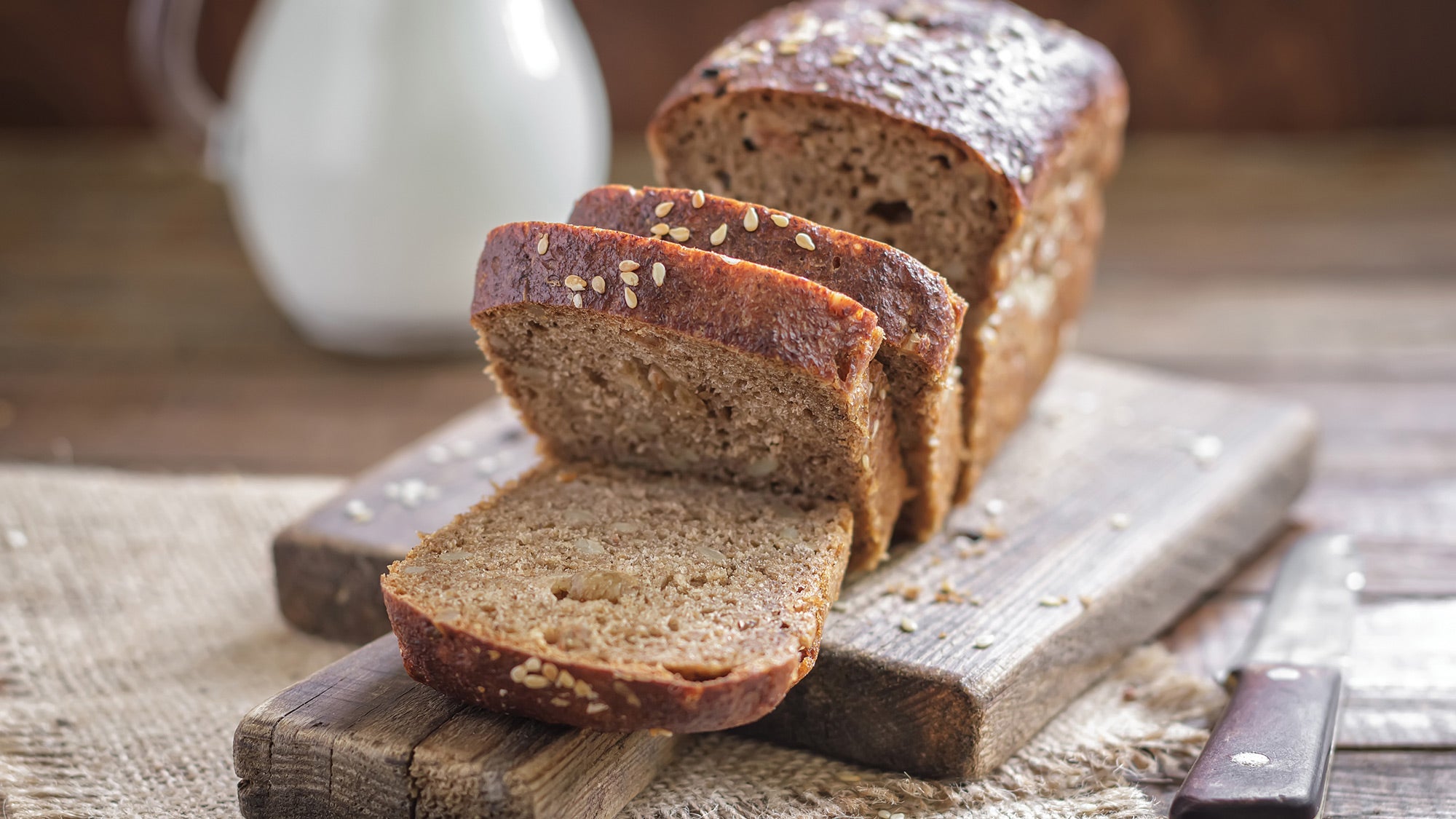Vegetable Protein Benefits for Women

Here’s another reason to extend Meatless Monday beyond one night a week: New research shows that eating vegetable sources of protein, such as whole grains, soy and tofu, has the potential to reduce the risk of early onset menopause and may help extend a woman’s reproductive life-span.
Researchers from University of Massachusetts Amherst and Harvard TH Chan School of Public Health examined the long-term eating habits of 116,000 female nurses from the Nurses Health Study II and determined that women who ate more vegetable protein had a 16% lower chance of developing early menopause. “Early menopause is associated with some negative outcomes, including cardiovascular disease, and with decreased ability to have children later in life,” explains study author Maegan Boutot, who conducted the study with her adviser, professor Elizabeth Bertone-Johnson, ScD. “We didn’t evaluate whether those who ate more vegetable protein had a decreased risk of cardiovascular disease or improved success conceiving later in life, but, in theory, these are potential benefits of delaying menopause.” While more research is needed, the greatest benefits were seen in those eating 6.5% or more of their daily calories from vegetable protein. Try adding some whole-grain bread or amaranth to your plate for an extra dose of protein.